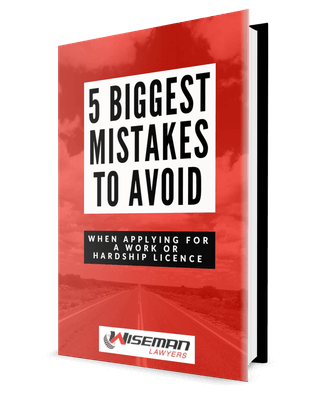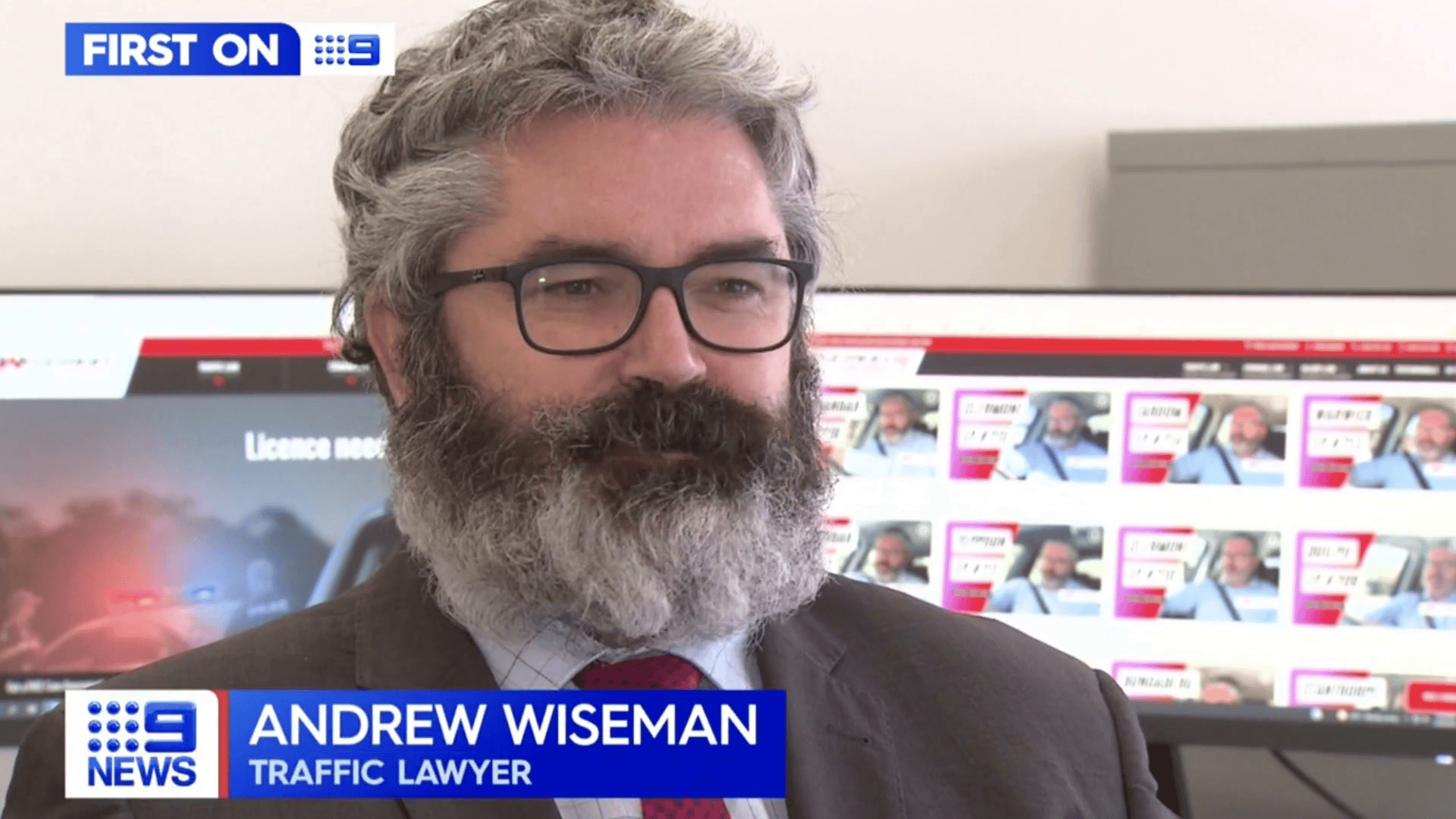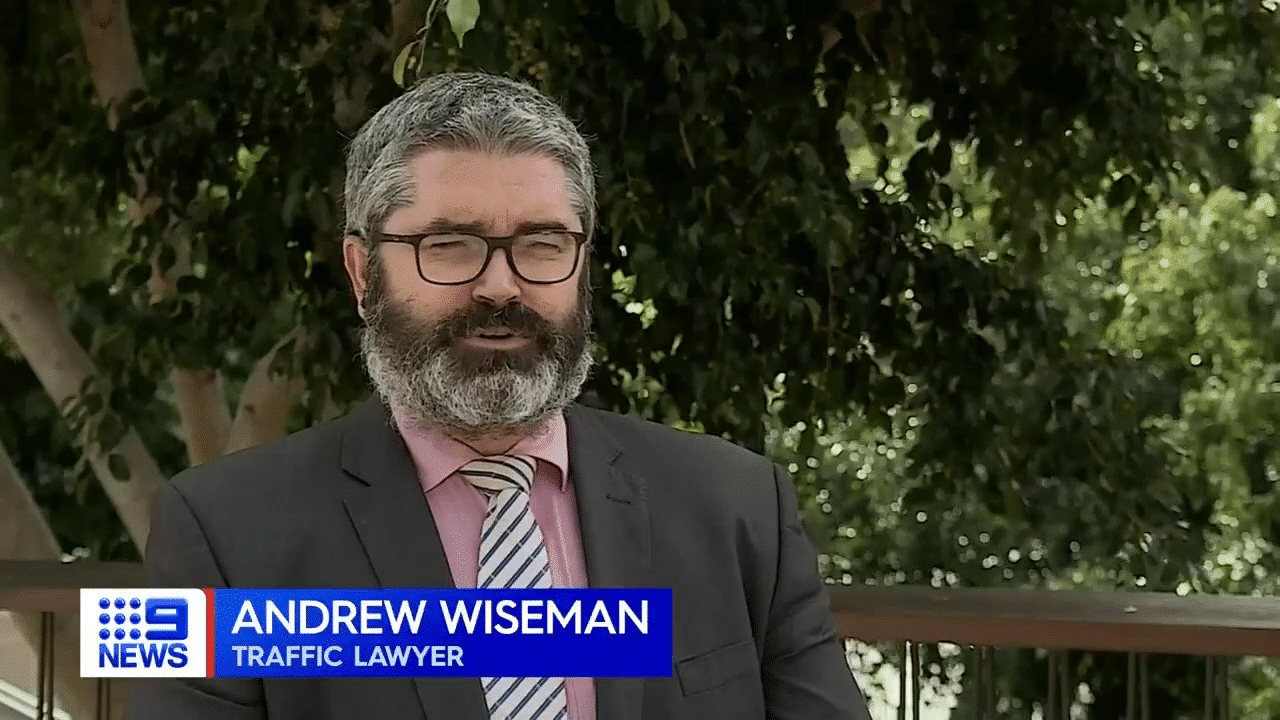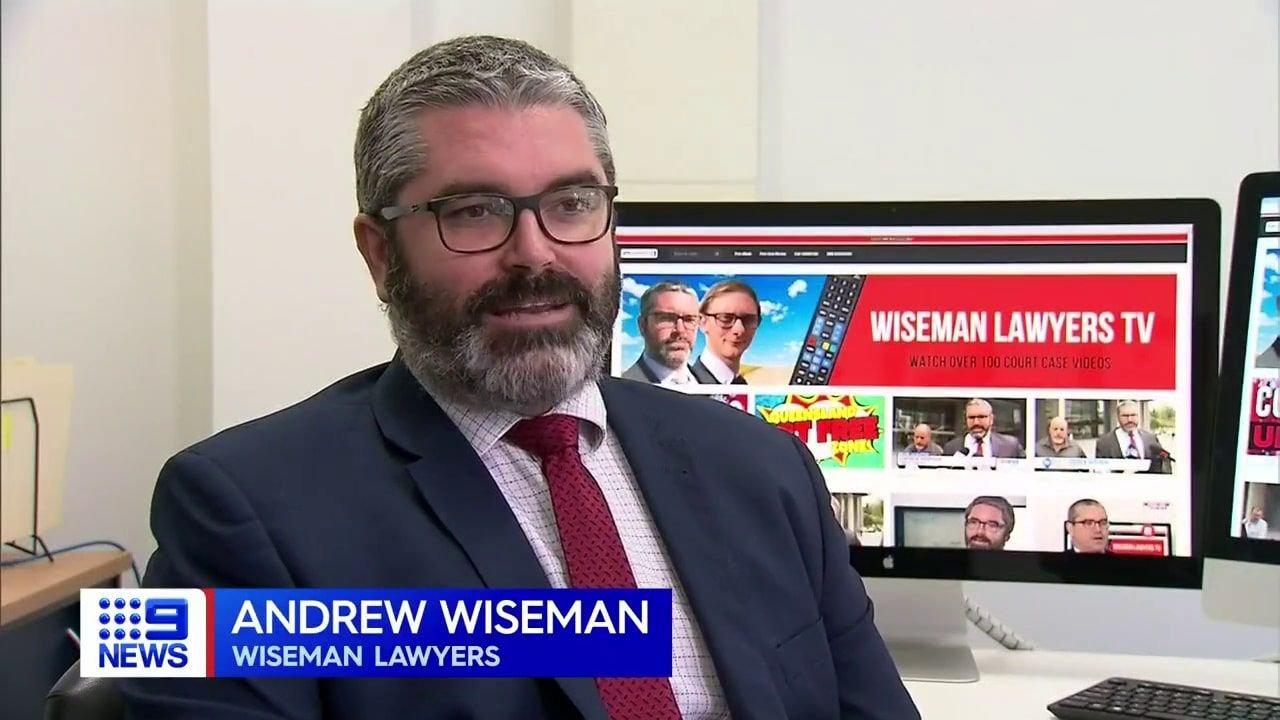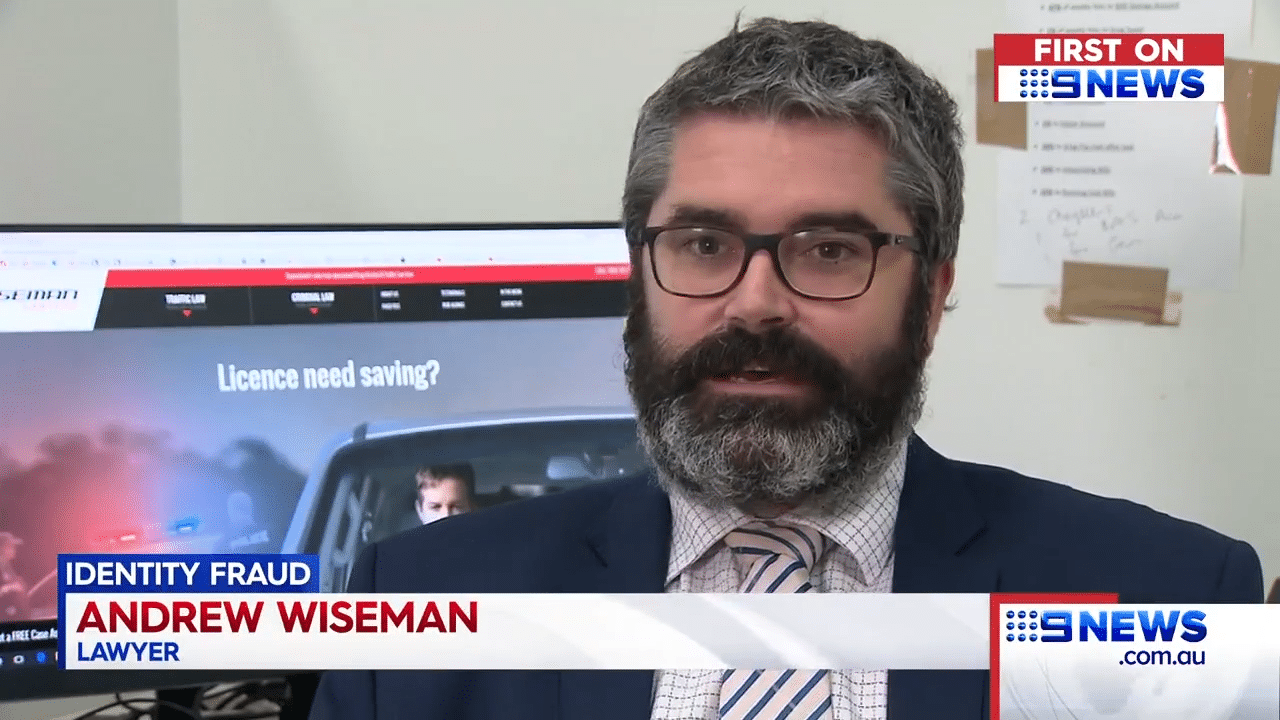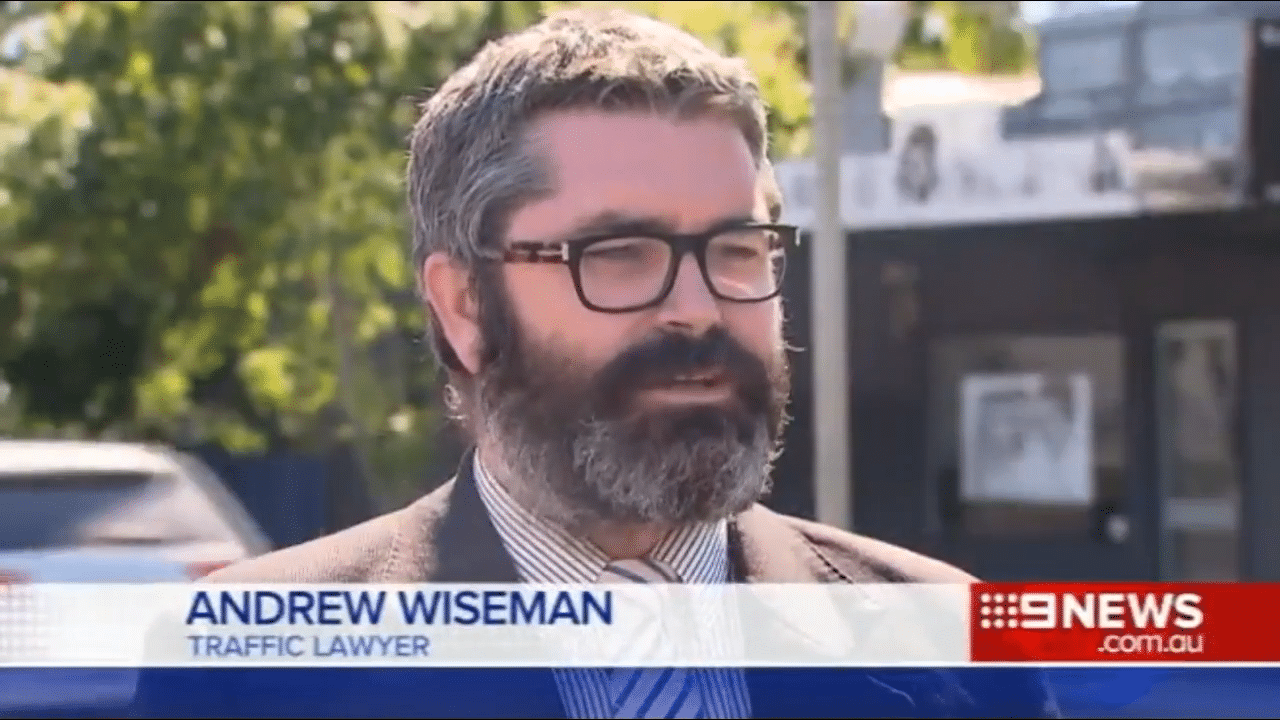Join Wiseman Lawyers Traffic Lawyer Andrew Wiseman at Richlands Magistrates Court as he represents a client charged with Drink Driving. Watch Andrew explain what happened in the courtroom, along with the outcome which he achieved and how he achieved it.
All right, today I’m at Richlands Magistrates Court. It was a extremely high risk of jail matter, repeat DUI drink driving, specifically repeat high range, DUI drink driving. This was his fifth drink driving offence in total, and being his fourth high range drink driving offence. Second high range in five years, third in six years, fourth in about seven years. Just to put it in perspective, if you are charged with your third high range in five years, it’s mandatory imprisonment. And in fact, that was the situation he had himself in last time, the three did fall within five years last time. So this was his fourth high range. Last time was obviously his third, but it was his third in five years. So last time he was given what’s called immediate parole. So imprisonment can be served in a number of ways, but just to confirm last time he faced mandatory imprisonment, because it was his third high range in five years.
On that occasion, he was given what’s called immediate parole. So mandatory imprisonment can be served either by way of a wholly suspended sentence, meaning you don’t actually go to jail, but it hangs over your head for a period. And if you play up, it’ll drop down. There’s what’s called an intensive correction order meeting. You’ve got to report a probation parole, and basically do what you’re told for the period. So you’re serving the sentence in the community, rather than in a cell. The next level, that’s immediate parole, which means technically you’ve actually got a jar. Today’s your first release date, and you are on parole during the period. And again, you report a probation parole, and do what you’re told. And he actually got immediate parole last time. So fast forward to this occasion, the first one was well and truly out of the last five years, the second one was only just outside of the last five years, literally a month.
So if this had’ve all occurred six weeks ago, it would’ve been third in five again. So the second offence was just outside of the last five years, but the third definitely was. And the fourth high range, being today, obviously was. And as I said, there was a previous low range, several years ago. So it was his fourth high range, fifth DUI in total. The very first one was a low range. So it wasn’t mandatory jail today because, going back in time, the third one… So today’s the fourth high range. The third high range was within the last five years, but the second one was literally a month outside of the last five years. So it wasn’t mandatory imprisonment, but that said, Magistrate’s got to look at history like that and go, this guy needs to go to jail.
And just talking about the reading. So today was 0.184, last time was 0.237, time before that 0.153, time before that 0.186, and the first one in time was a low range 0.063. But we’re talking four high range, all very high. One in the last five years, one just outside the last five years. No, it wasn’t mandatory imprisonment, but a starting point is, why shouldn’t I send this guy to jail? And considering he got immediate parole last time… In order of severity of forms of imprisonment that can be served for the community, immediate parole is the most severe. So the most lenient, wholly suspended sentence, the next level up from that’s intensive correction, or the next level up from that is immediate parole. And there’s nowhere to go above that other than actual jail. So we were in a bit of a difficult situation today.
The only sort of things that he had going for him was, A, that he engaged me. B, the last offence was about four and a half years ago. So about four and a half years ago, five years ago, we had two high ranges in about six months. Four and a half years ago was obviously within the last five years, but the other one was a bit over five years ago. So there’s a four and a half year gap in offending. And back then he was a young fool, nothing to live for, whereas now, settled down, relationship, having a baby and all the rest of it. So people can do a lot of growing up in five years, and in my view, my client had, and obviously it was my job to convince the magistrate of that as well.
I prepared detail written submissions up of the case law, and the legislation, to bolster my submissions that he shouldn’t go in and serve actual custody. I warn my client, stakes are high, I’ll do me best, but if I was a betting man, I’d say you’re going in. But that said, with that sort of 75% chance of going in, versus 25% of me keeping you out, I’m going to work as hard as I can in that 25%, and pull out all stops, which I did. So detail rich submission is it was about five pages of various cases of legislation. Got him to do the course that we get all of our clients to do, got him to get references based on the template, provide all of our clients.
Many even caught this morning, ran through everything, went in. And I just said to the magistrate, look, history is what it is, obviously jail’s on the cards. I’m not going to pretend it’s not, let’s start with there and try to come up with a penalty that’s mutually appropriate. One that serves as a deterrent and satisfies community expectations, but one that also doesn’t throw a guy under a bridge. And I’m not going to go into the personal background of this gent, but of all the clients that I’ve acted for, this guy’s got a background that… Put it this way, most people in the Western world don’t know what hardship is, and I’ll just leave it at that. This guy’s not from here, he’s got a background of conflict, and Joe public within Australia wouldn’t have a clue about the hardships that happen to people outside of this country.
And those type of traumas can trigger alcoholism, as it has in the case of my client. So anyway, I took the magistrate through my client’s background, linked it to his offending, but also labelled the fact that there’s a four and a half year gap in offending, steps he’s taken to try and get himself back on track. And as I spoke, I was able to gradually win the magistrate on board, that this is more of a case of, this is a damaged soul who needs help, rather than someone who needs to be locked in a cage.
The short version is I was able to persuade the magistrate to give probation. So that’s not actually a punishment, or a form of imprisonment. And the magistrate can’t give probation unless the client consents. It’s a supervisory order. So the fact that the magistrate doesn’t have the power to impose it, unless the client consents, says that it’s not a penalty. It’s a, I want to impose an order to make sure you get the help you need. I can’t give it to you… I’m speak as the magistrate. I can’t give it to you unless you consent. Do you consent? Yes, I do. Okay. With your consent, I impose a period of probation. But of course you’d be a fool to say no, because you have a lesser penalty. The only way up from probation is jail. So needless to say, my client consented, he was given a lengthy disqualification as you’d expect, but the long and short of it is, he did not go to jail.
He walked out the back door, not the side door. Him and his partner are now heading off to probation. So we got three years probation. It’s a lengthy period of time, but it’s a hell of a lot better than sitting in jail for three months, six months, nine months, which would’ve happened if he wasn’t adequately represented, and hadn’t done everything that I’d to his credit asked him to do, which he did. So three years probation, he got a lengthy disqualification, but no jail. He’s clearly very relieved. I’m Andrew Wiseman, at Richlands Magistrates Court. Thanks for watching.
